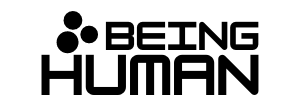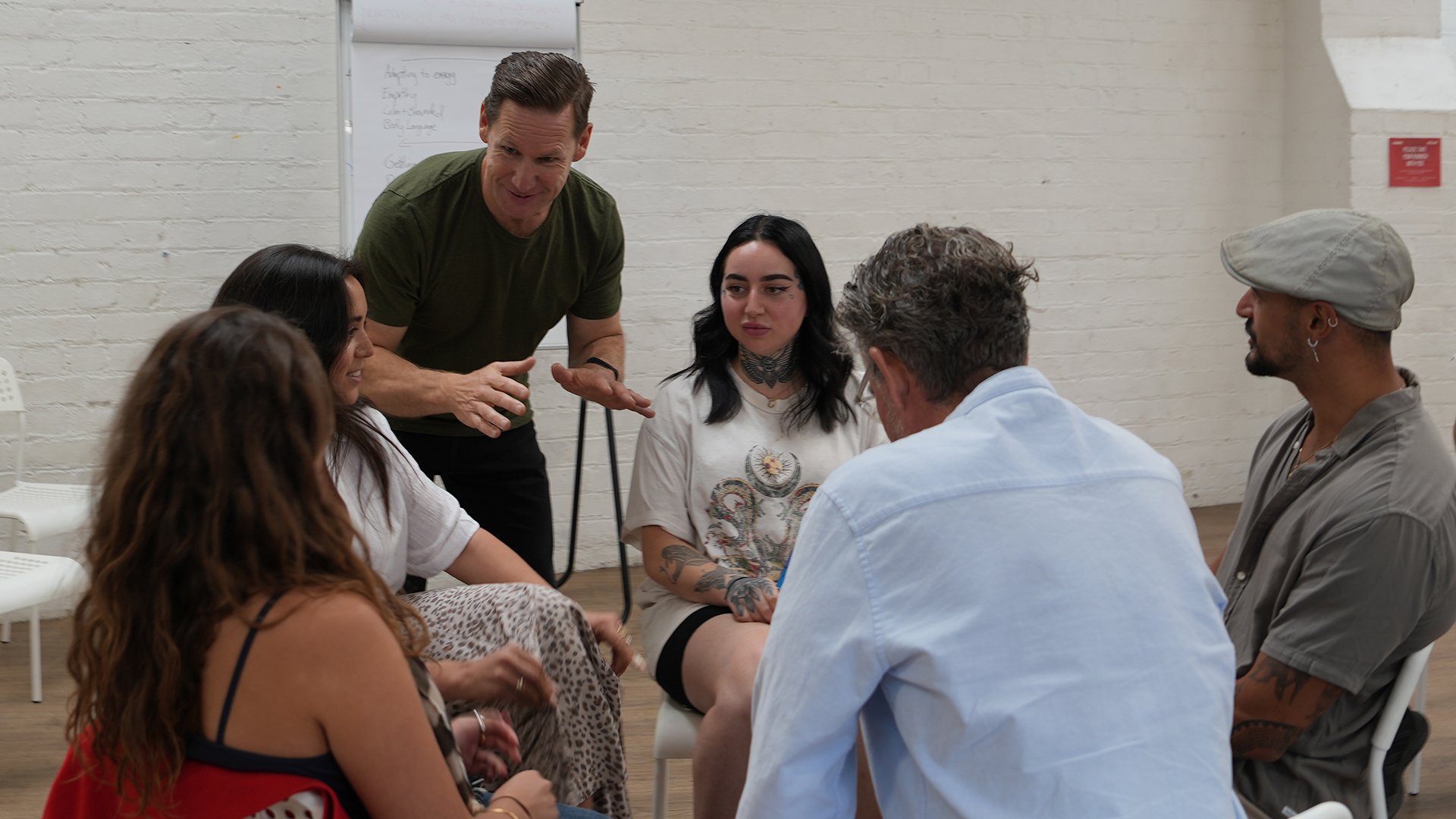This Isn't About Learning to Facilitate
…It's About Learning to Shift Dynamics in Any Room
Picture this: You're in a strategy meeting that's circling the same three talking points for the fourth time. Energy is draining. The loudest voices are repeating themselves while others have mentally checked out. You can feel the collective intelligence of the group being wasted in real time.
Now imagine you know exactly how to shift that dynamic.
Not through force or authority, but through a subtle recalibration of how attention flows, how questions land, how space gets held. Suddenly voices that weren't being heard find their way into the conversation. Ideas that were stuck begin to move. The group discovers insights that none of them could have reached alone.
This isn't about becoming a professional facilitator. This is about developing the capacity to catalyse breakthrough moments wherever you are, whether you're officially leading or simply participating.
We live in a world obsessed with individual expertise, but the most important work happens in the spaces between us. The quality of our collective thinking determines the quality of our solutions, our innovations, our ability to navigate complexity together.
Yet most of us have never been taught how to influence the invisible dynamics that make groups intelligent or keep them stuck.
Think about the meetings you've been in lately. How many times have you witnessed:
The same few people dominating while others disengage?
Great ideas getting lost in tangential discussions?
Groups avoiding the real issue everyone knows needs addressing?
Creative tension dissolving into either false harmony or destructive conflict?
Diverse perspectives staying siloed instead of building on each other?
These aren't inevitable failures of group dynamics. They're patterns that can be shifted if you know how.
Beyond Traditional Facilitation Training
Most facilitation training focuses on tools and techniques: how to run an icebreaker, how to manage time, how to use sticky notes for brainstorming. These skills have their place, but they miss the deeper work.
The Facilitator Accelerator is designed differently.
This isn't me teaching you facilitation methods. This is me hosting a space where you unlearn assumptions about how groups need to work, reorient toward what becomes possible when collective intelligence is unleashed, and prototype new modes of sense-making that you can apply anywhere.
We're not building facilitators. We're developing humans who can sense into group dynamics, read the subtle patterns of how attention and energy move, and intervene in ways that create conditions for breakthrough.
Every group you're part of is constantly engaged in collective sense-making. Trying to understand complex situations, generate solutions, and decide how to move forward together. But most of this happens unconsciously, inefficiently, with huge amounts of wisdom left untapped.
What if you could make this process visible and intentional?
What if you could sense when a group is getting stuck in analysis paralysis and know how to shift them toward action? When diverse perspectives are talking past each other and know how to create bridges? When creative energy is dissipating and know how to focus it without constraining it?
This isn't magic. It's learnable perception combined with practical intervention skills.
Before we can build new capacities, we need to examine what we've inherited about how groups should work:
The myth that someone needs to be "in charge" of every conversation. What becomes possible when leadership becomes distributed and situational?
The assumption that disagreement means conflict. How do we transform tension into creative friction that generates better solutions?
The belief that efficiency means moving fast. When does slowing down actually accelerate breakthrough?
The idea that professional means impersonal. How does bringing more humanity into our collective work make us more effective, not less?
In our five weeks together, you'll discover which of these inherited patterns are limiting your impact and practice alternatives that feel both more natural and more powerful.
Once we've cleared space by unlearning limiting patterns, we can reorient toward what becomes possible when groups function as collective intelligence rather than collections of individuals.
You'll experience what it feels like when:
Every person's contribution builds on and amplifies others'
Difficult conversations become doorways to deeper understanding
Creative tension generates solutions no one could have imagined alone
The group discovers insights that surprise even its own members
Decision-making becomes a collaborative exploration rather than a power struggle
This isn't theoretical. You'll live these experiences in our cohort, then practice creating them in your own contexts.
When you develop the ability to shift dynamics in any room, the impact extends far beyond your official role or responsibilities:
Your teams become more creative and decisive Your stakeholder relationships deepen and become more productive Your organisation's capacity for navigating complexity increases Your industry conversations become more nuanced and solution-oriented Your community engagement becomes more genuinely collaborative
You become someone who doesn't just participate in groups you help them become their best collective selves.

